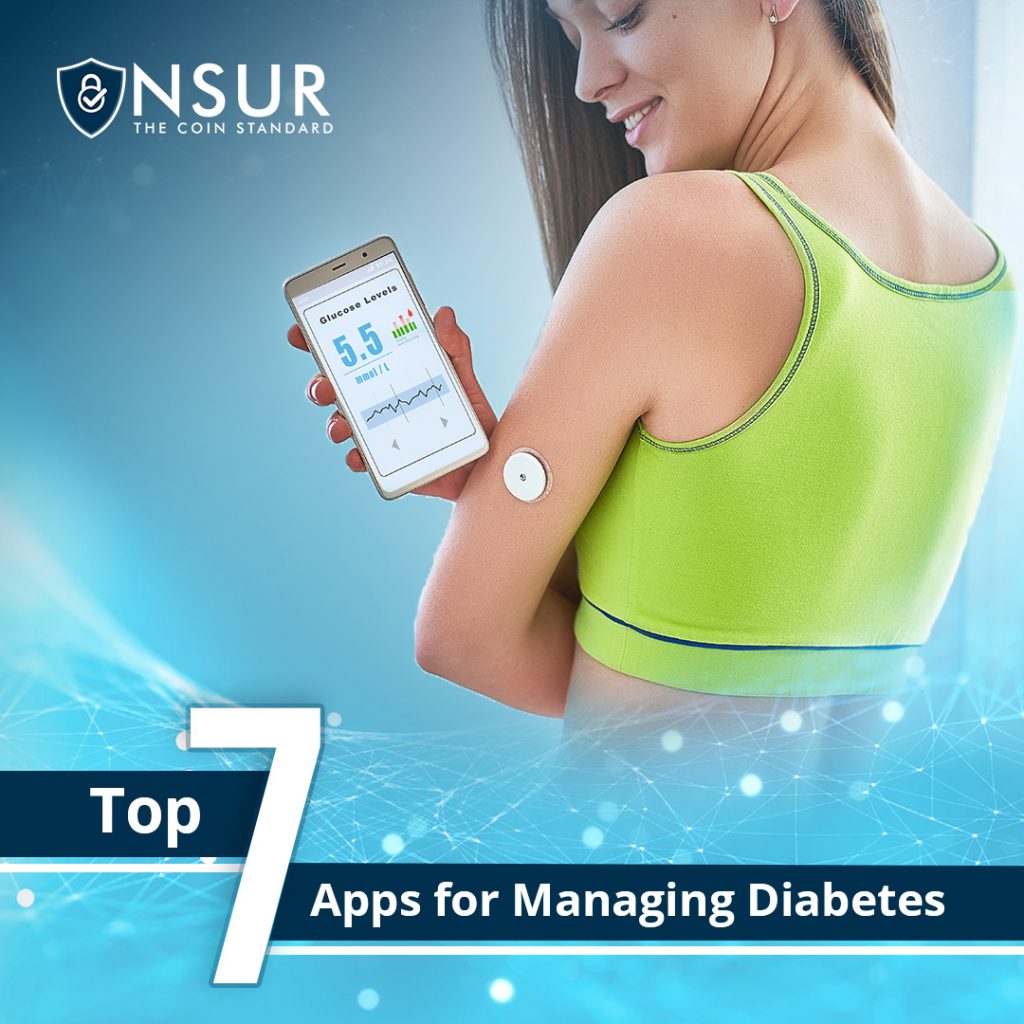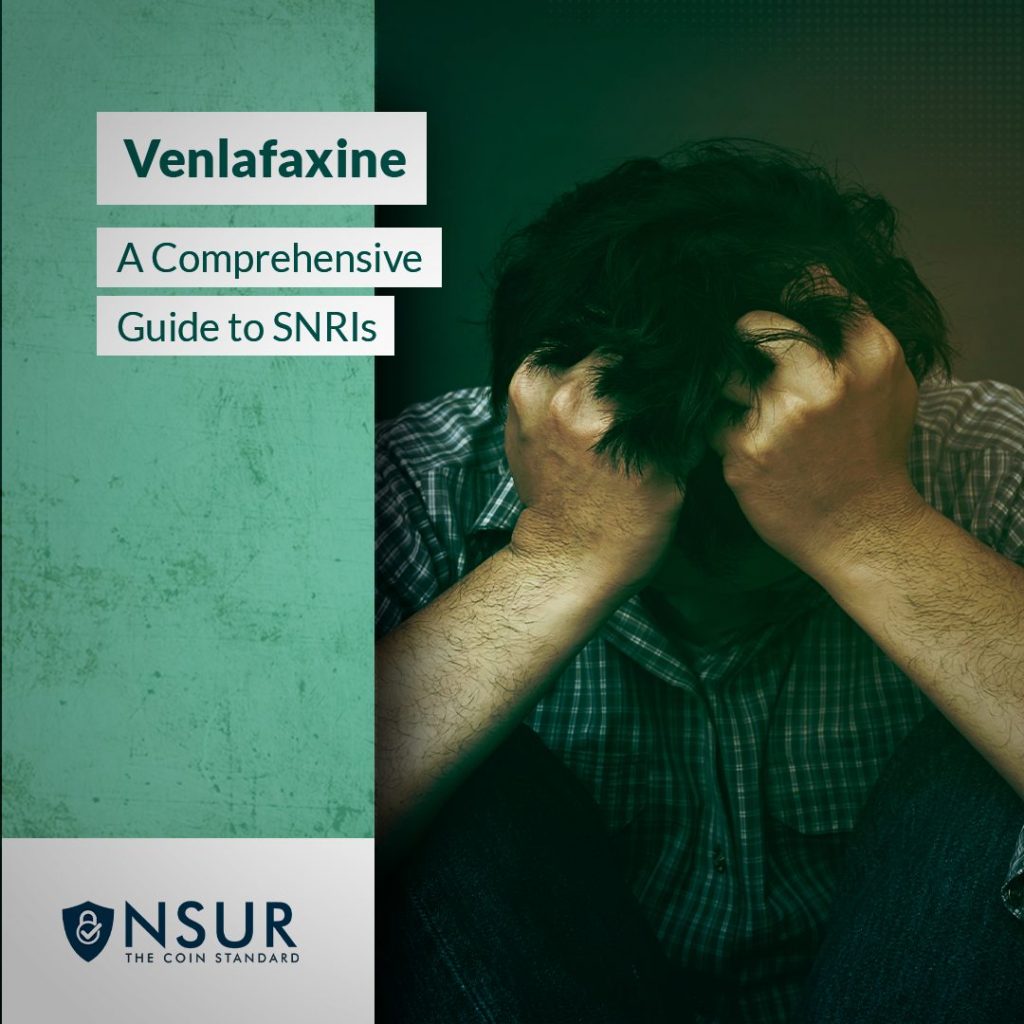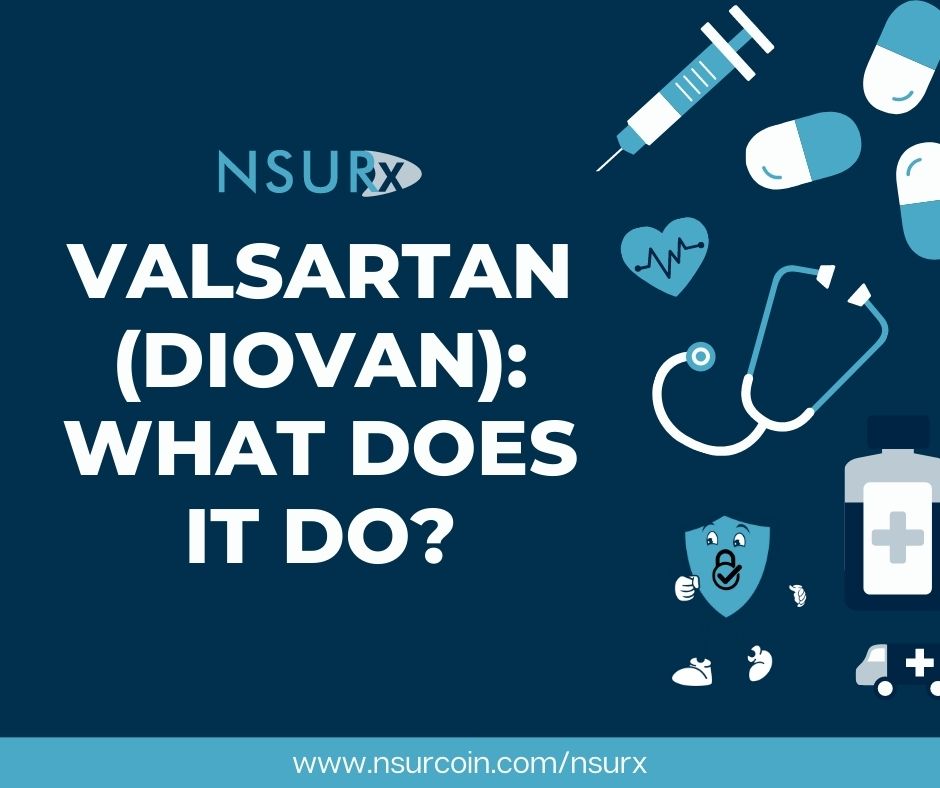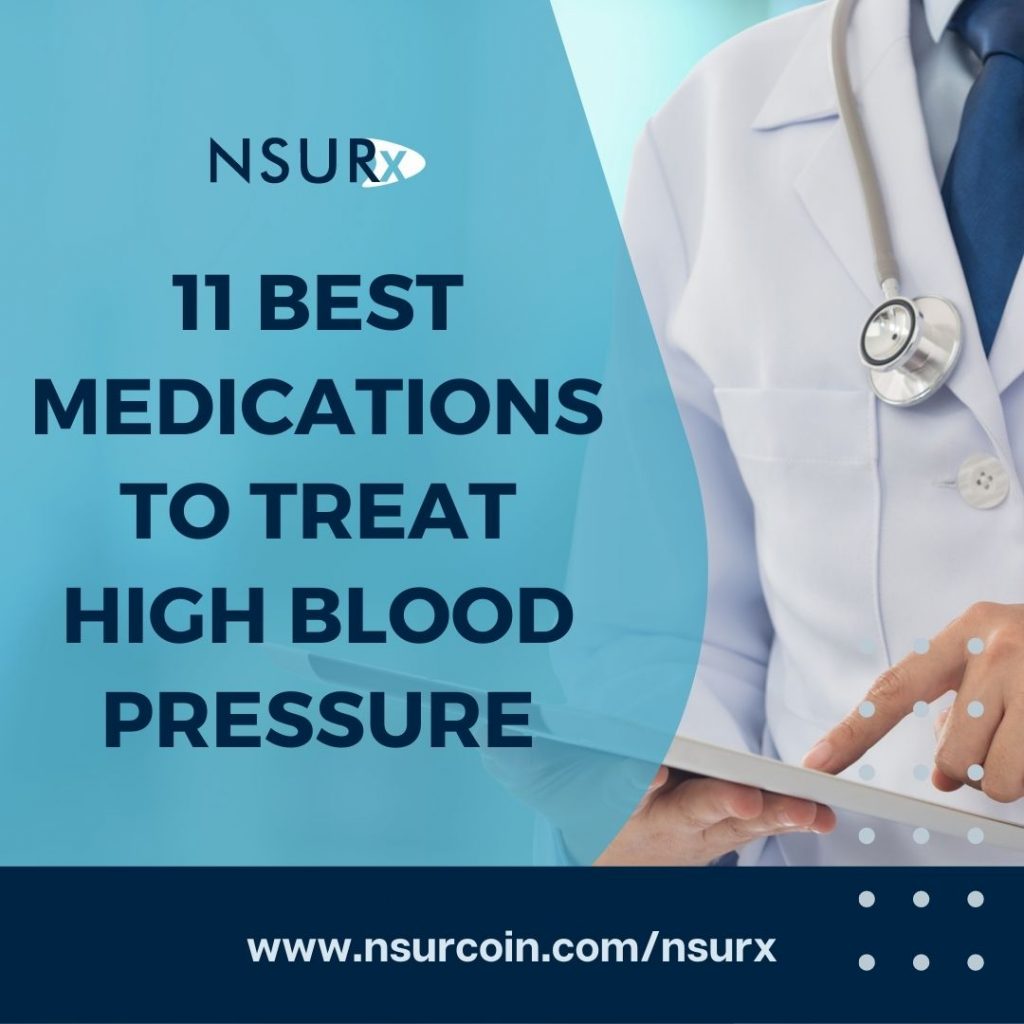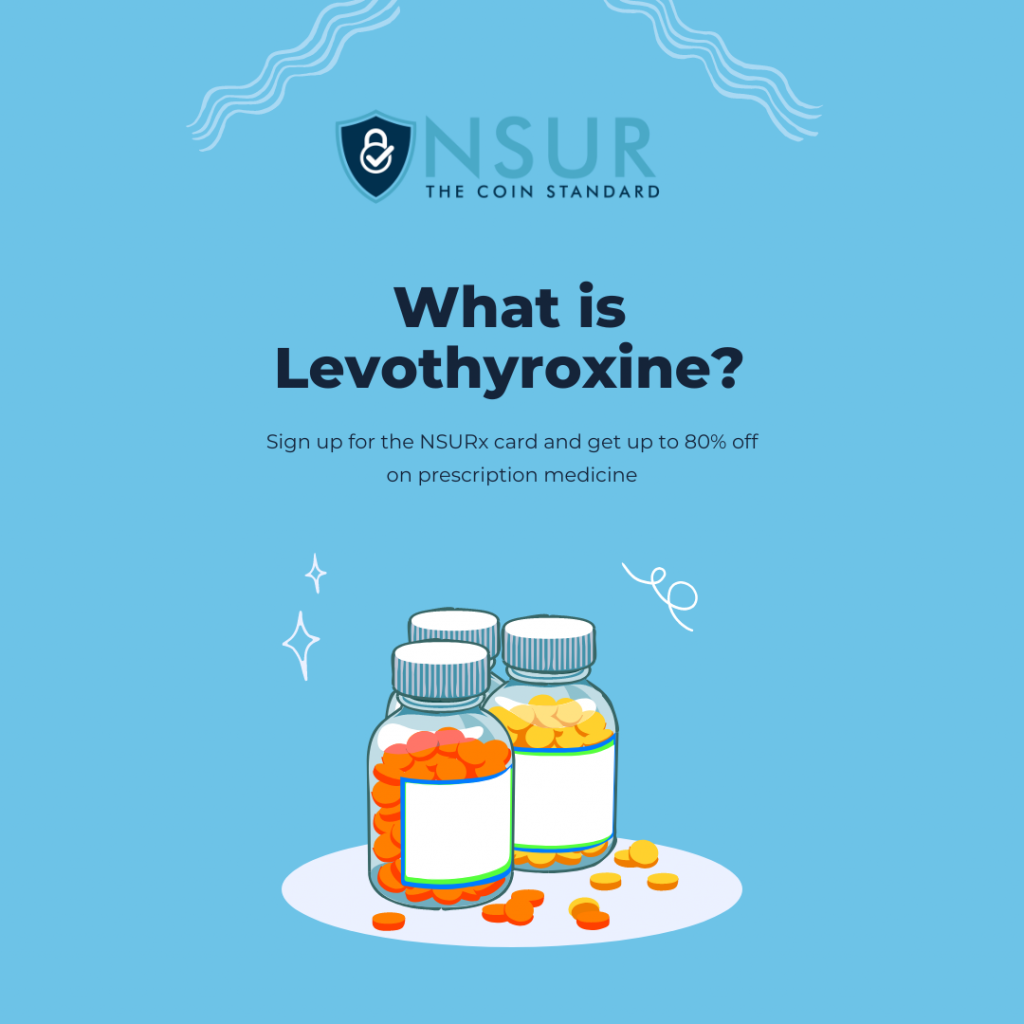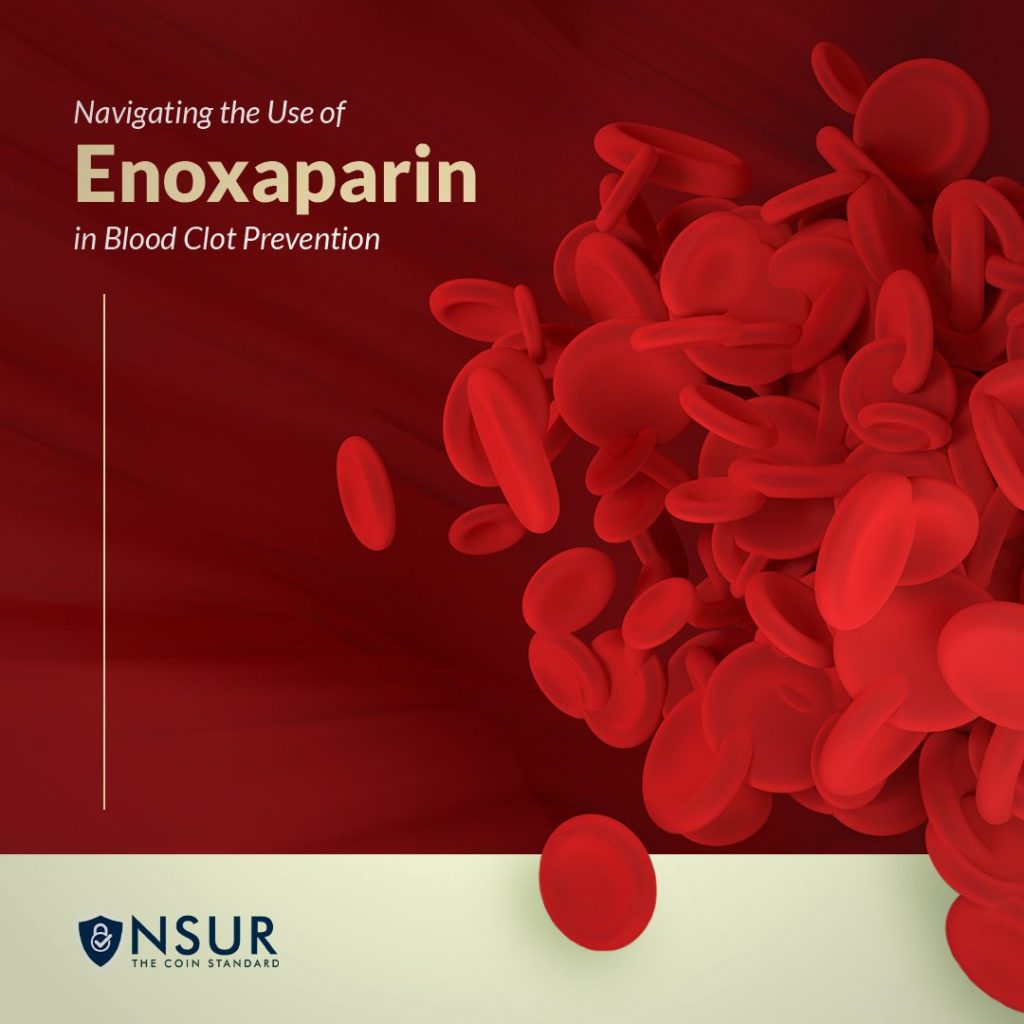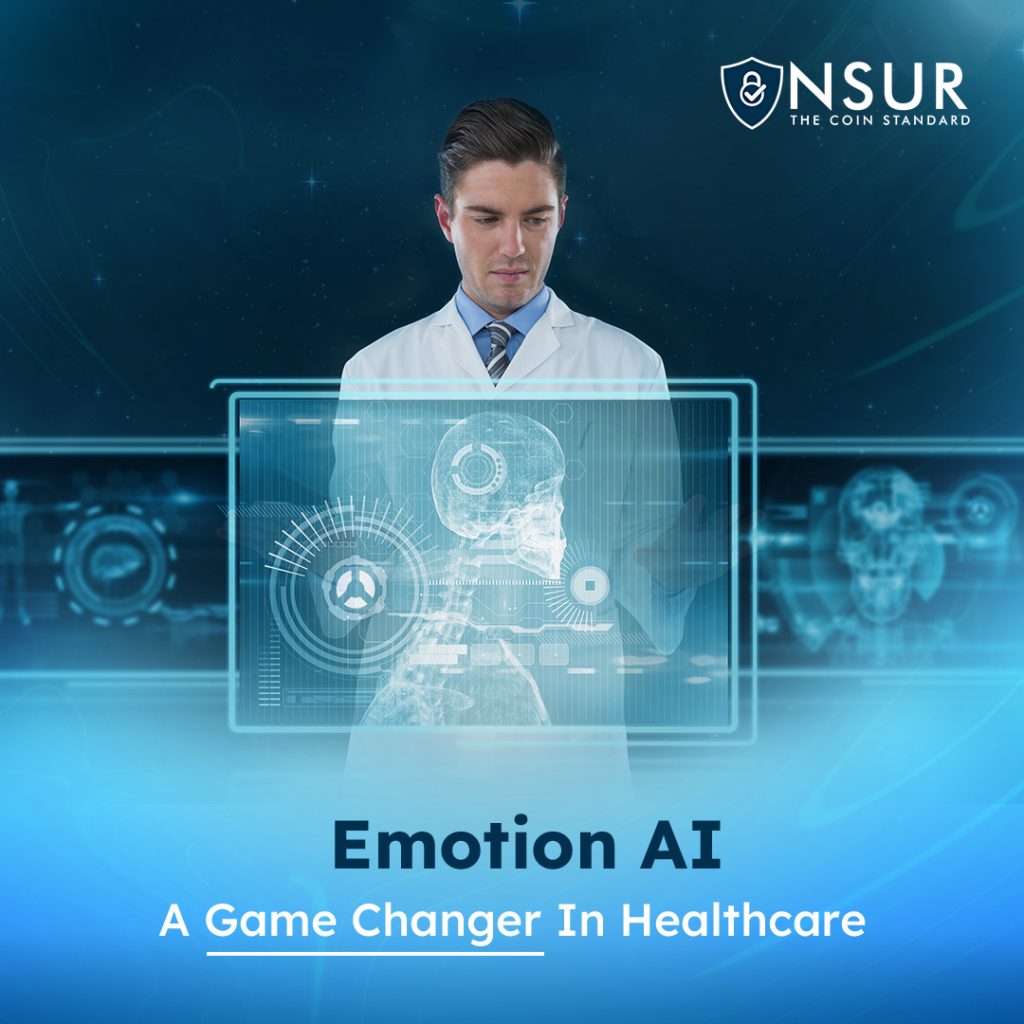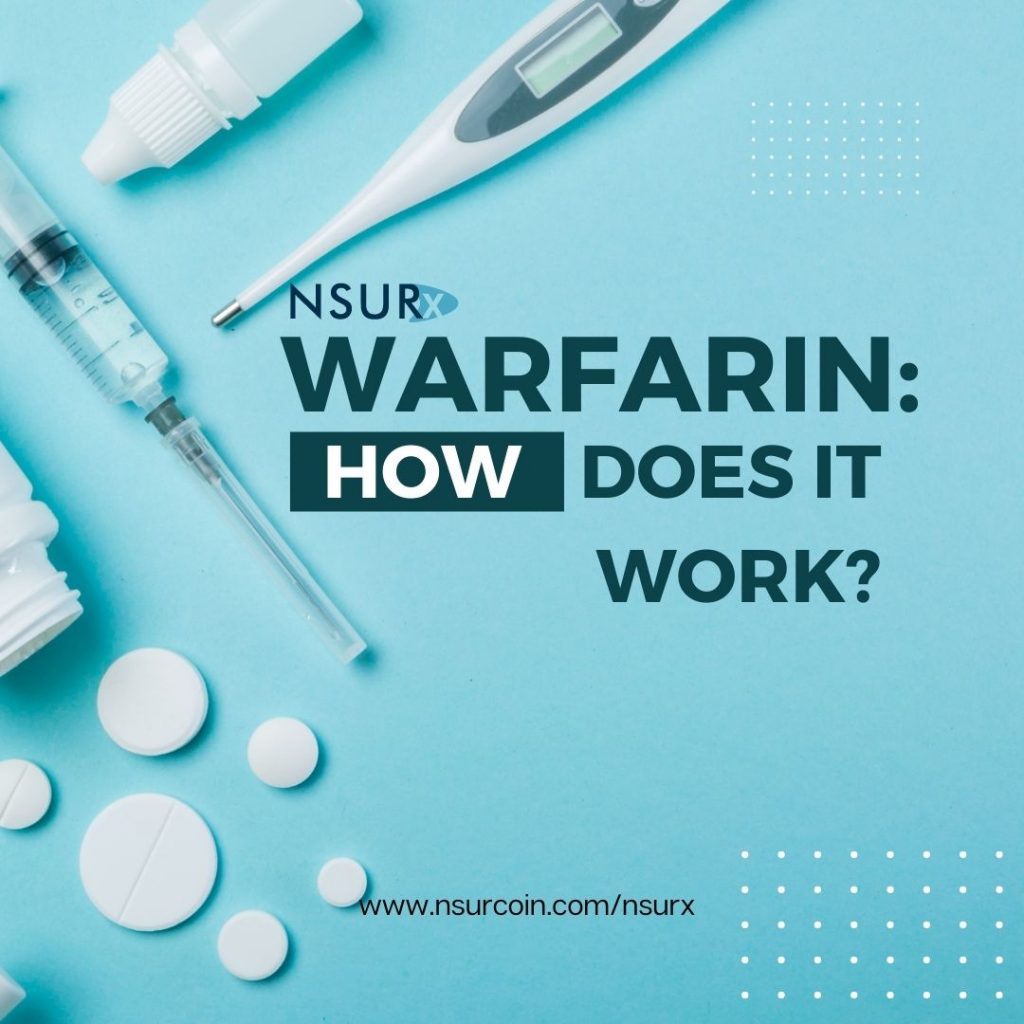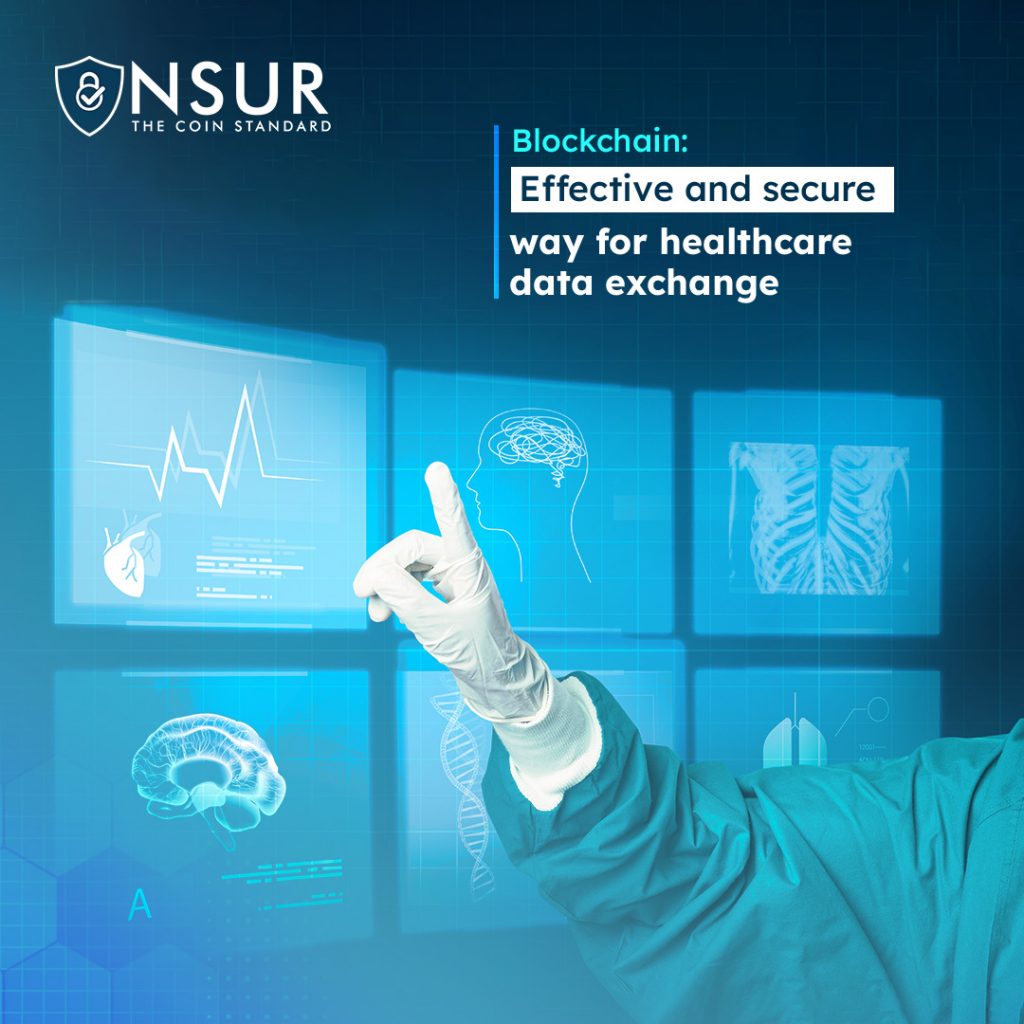
The way we approach healthcare could be completely changed by blockchain technology. Blockchain in healthcare holds great promise for improving the security, effectiveness, accessibility, and dependability of health information systems. By utilizing this technology, we can integrate scattered systems to gain a more detailed understanding and more effectively determine the importance of care. As a result of blockchain-based networks for electronic medical information, productivity and patient health outcomes are likely to increase in the future.
How does blockchain work?
Blockchains store data in blocks rather than tables, which makes them different from databases. This records transactions and produces an irreversible chronology.
Due to their decentralized nature, blockchains make it simple to distribute their data. Blockchains can, however, also be used by a single business privately and centrally.
- Blockchains automatically fix errors.
- Records in the other blocks in the chain cross-reference each other to find the fault when data in one block is compromised.
- The blockchain is safe.
- Once a block is constructed, it can only be changed by a consensus of other blocks, which necessitates altering the codes of nearby blocks.
Advantages of blockchain to health industry
There are a number of key properties associated with blockchain technology, including immutability, better security, transparency, and authenticity, consensus, no single point of failure, high transaction speeds, and the absence of intermediaries. All of these characteristics contribute to the popularity of blockchain technology.
With its features, blockchain technology can be beneficial for maintaining EHRs, medical research and development data, drug supply chain management, and other applications.
- Electronic health records (EHR) can be produced and preserved, as well as shared across multiple computers, more accurately, securely, and affordably.
- The platform facilitates medical researchers’ communication, exchange of work, and authorization for data gathering and access.
- The data is encrypted and secured using the patients’ public key, the patients have complete discretion over sharing it. Data security is improved by defending it against cyber threats.
- By decentralizing data and enabling network access to a transparent and immutable ledger, blockchain technology could solve many of the challenges of data interoperability. It could enhance patient outcomes and improve coordination of care.
- Pharmaceutical supply chains can be transformed by blockchain by addressing major problems like logistics, counterfeiting, and tracking drugs to their final destination.
Let us take a look at what solutions blockchain has enabled for the healthcare industry.
Creation And Enrichment Of Data
Every stage of a patient’s journey through medical care produces significant and private data, and this is something we must battle with. The information is gathered from a variety of therapy processes, including consultations, diagnostic tests, surgeries, clinical observations, and investigations. Before we even consider integrating blockchain into healthcare, it is imperative to understand the value of the vast amount of detailed information created and that we store and handle it in an appropriate manner.
Mainly data is available in a variety of formats, including paper, patient’s history, prescription data, reports, x-rays, radiography, digital files and many more. The sharing of patient data across medical institutions is key to providing a more accurate and detailed picture of a patient’s health. It is common for hospitals to operate a closed, centralized system.
Despite the adoption of digital technologies by healthcare providers, this approach exposes the databases to single-point cyberattacks and endangers the continuity of medical care.
Before saving the appropriate patients’ data on the blockchain, the data’s quality should be improved by the addition of correct information, demographics, timestamps, structure, and other metrics that make the data more accurate and understandable. In addition, the patient’s identity is verified using the public hash key and a secure code.
Blockchain-Based Medical Record Storage
There are several concerns related to data centralization in storing digital patient’s health data onto a range of network nodes. Medical records can be managed through a blockchain healthcare solution. Such as follows.
- Health care professionals can preserve data on the blockchain.
- Unique IDs are used to complete and identify transactions.
- Health care professionals and providers can access the patient’s data via smart contracts. Only those with authorization can view the data, ensuring its security.
- Healthcare facilities can ask questions directly on the Blockchain.
Smart Contracts for Data Usage
In addition to data sharing, smart contracts facilitate the regulation of standard operating procedures, compliance requirements, and user preferences. It ensures that information is exchanged in a transparent and secure manner. Without the patient’s permission, no one can access their medical records.
The patient can give consent to the treatment team to consume their stored data, keeping them all in the loop while still protecting their sensitive information. Similarly, the patient can share the data with researchers, pharmaceutical companies or any healthcare providers.
Blockchain Data Mining and AI Applications in Healthcare
Various technologies, such as artificial intelligence, Internet of Things, and machine learning, are now being used to generate healthcare data. Research organizations can extract relevant data from large data sets stored on a blockchain by using data mining and artificial intelligence (AI). Medical research companies can conduct research using non-identifiable records using blockchain healthcare’s de-identification function to protect patients’ identities. In addition to being used for disease prevention, cure, drug development, and clinical trials, this information is also useful for the prevention of toxic reactions and much more.
As previously stated, there are several applications of AI in research and development, but there are many more applications of AI in healthcare, such as AI-Robot-Assisted surgery, health monitoring apps and devices, virtual nursing, dosage error reduction, cancer research and care, and personalized healthcare plans, to name a few.
Conclusion
Healthcare is poised to be revolutionized by blockchain technology. Using distributed ledger technology, blockchain can help healthcare organizations build private and permissioned networks. Additionally, blockchain technology will greatly increase the reliability and security of data management within the healthcare sector. It facilitates the integration of different systems and facilitates standardization. Today’s major issues such as fragmentation of medical data, poor governance and management, and security of information are addressed by blockchain. Blockchain technology has the ability to increase efficiency and secure data sharing, making it an ideal application for the healthcare industry.
